United Nations Secretary-General Antonio Guterres called for renewed global commitment to "rev up the engine of development" at a major aid summit that opened in Seville, Spain on Monday, amid concerns over United States-led funding reductions threatening poverty alleviation and climate action.
The Fourth International Conference on Financing for Development brings together dozens of world leaders alongside more than 4,000 delegates from the business sector, civil society organizations, and financial institutions, seeking to reinvigorate international development assistance in the face of mounting challenges.
The high-level gathering has drawn France's President Emmanuel Macron, Kenya's President William Ruto, and European Commission President Ursula von der Leyen, but notably absent is any representative from the United States, highlighting a growing rift in international collaboration on poverty, disease, and climate change initiatives, reported Agence France-Presse.
In his opening address, Guterres emphasized that two-thirds of the UN's sustainable development goals targeted for 2030 were "lagging", stressing that annual investments exceeding $4 trillion would be necessary to achieve these objectives.
The scaling back of US development aid exemplifies this trend, with US President Donald Trump's significant reductions to development agency USAID's budget emerging as a prime example of diminishing support for global development initiatives, noted AFP
Major Western powers, including Germany, the United Kingdom, and France, are shifting their budget priorities toward defense spending while reducing their development assistance commitments.
The scale of the aid reductions is unprecedented, with international organization Oxfam reporting the most significant cuts to development assistance since 1960.
According to World Bank data, more than 800 million people subsist on less than $3 a day, with sub-Saharan Africa experiencing particularly severe increases in levels of extreme poverty.
Global development efforts face additional challenges from trade disruptions caused by Trump's tariff policies, and ongoing conflicts in Ukraine and the Middle East, which have undermined the diplomatic unity needed to effectively combat poverty.
The impact of the development crisis has devastating real-world consequences, with Guterres highlighting how it has led to children missing vaccinations, female students abandoning their education, and widespread food insecurity.
The secretary-general implored world leaders to "change course" to address the challenges facing "a world shaken by inequalities, climate chaos and raging conflicts".
Calls for reform of the World Bank and International Monetary Fund have intensified, particularly regarding their representation of Global South nations.
During a UN meeting in New York ahead of the Spain summit two weeks ago, member states reached a common declaration to be adopted in Seville, proceeding only after the US withdrew from discussions.
According to Zambia's UN representative Chola Milambo, the agreement demonstrates that "multilateralism can still work" in addressing global financial challenges.
Nations are expected to launch additional initiatives beyond the core agreement known as the "Seville Commitment". Though not legally binding, the Seville Commitment outlines ambitious goals, including poverty elimination, gender equality advancement, and financial reform.
Critics remain skeptical. Oxfam International Executive Director Amitabh Behar warned that "Global development is desperately failing because ... the interests of a very wealthy few are put over those of everyone else".









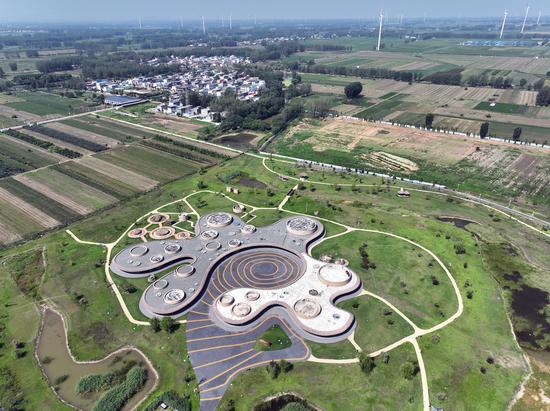



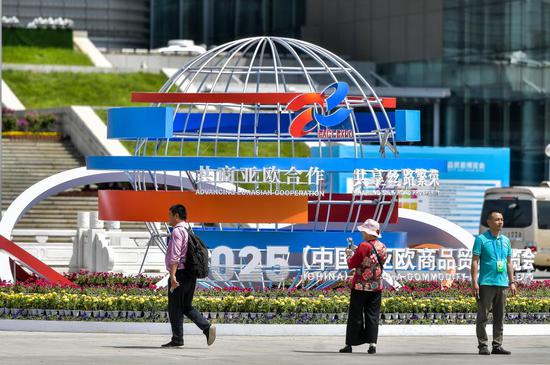
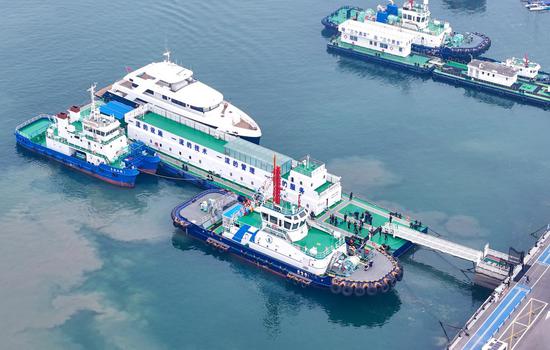



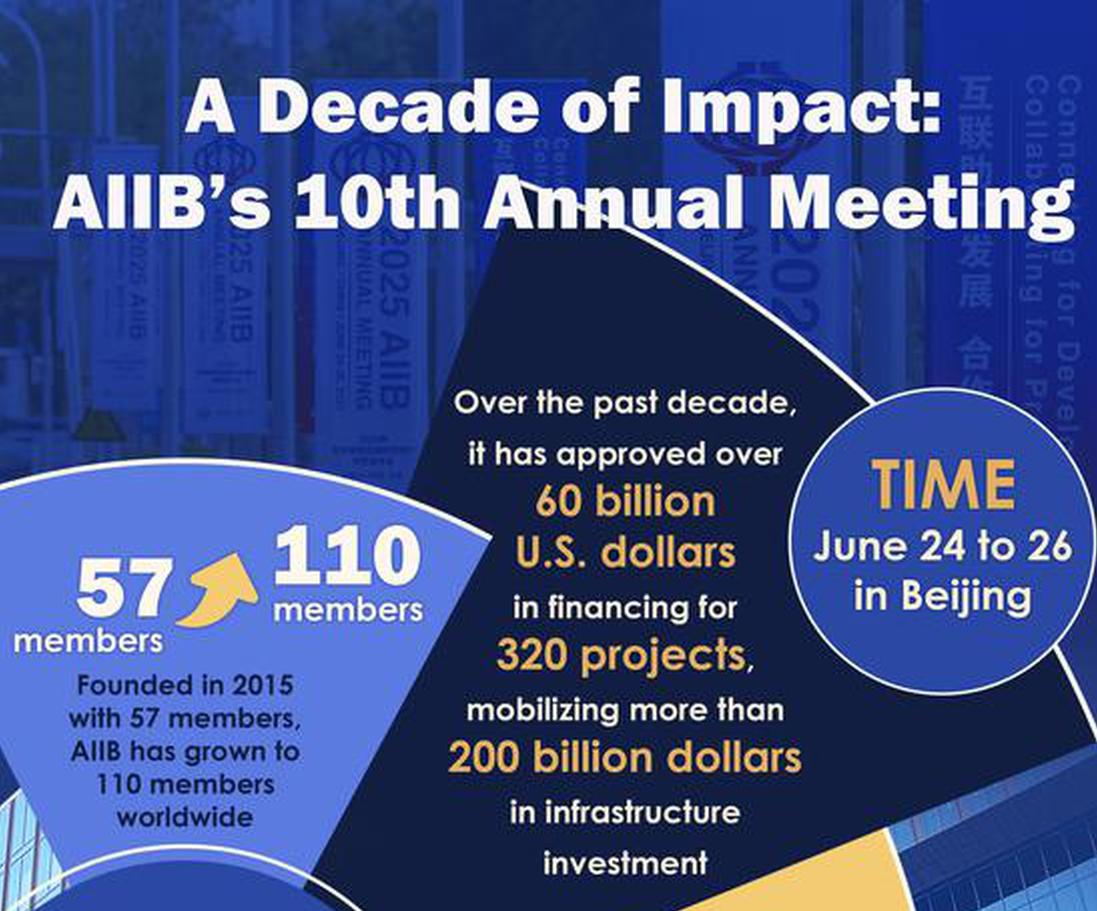








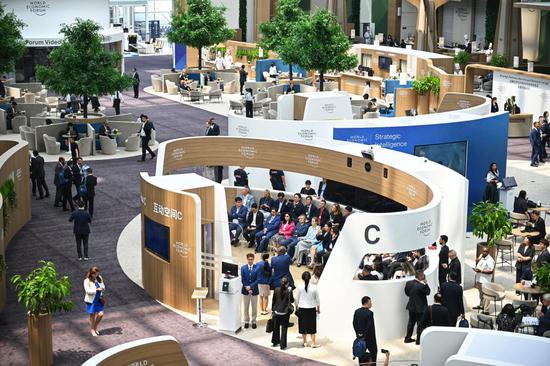









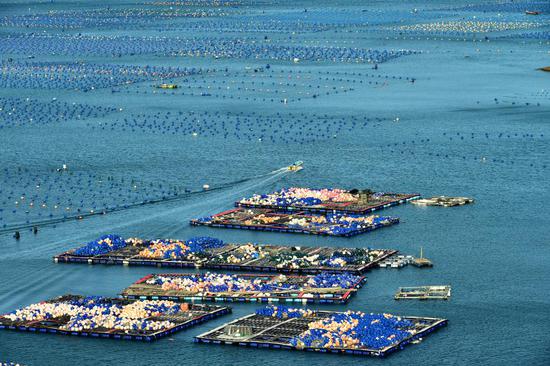


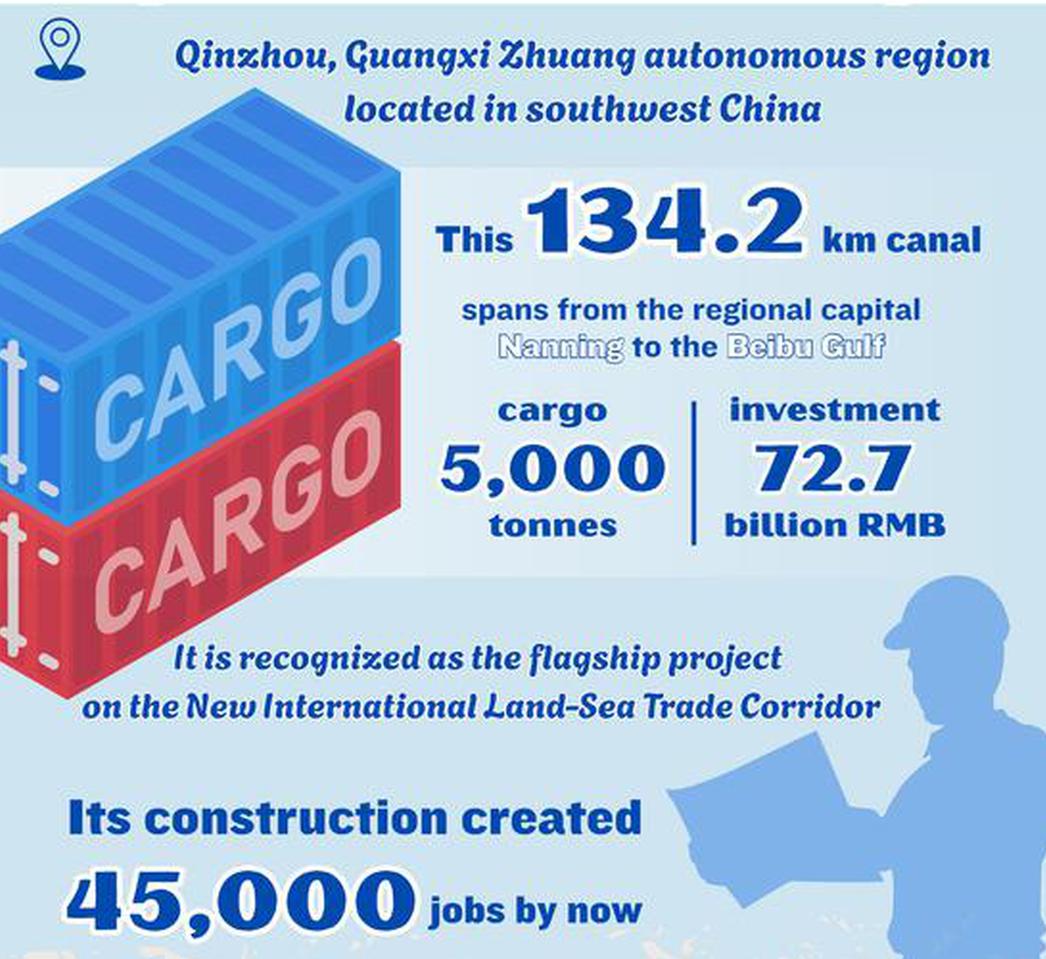



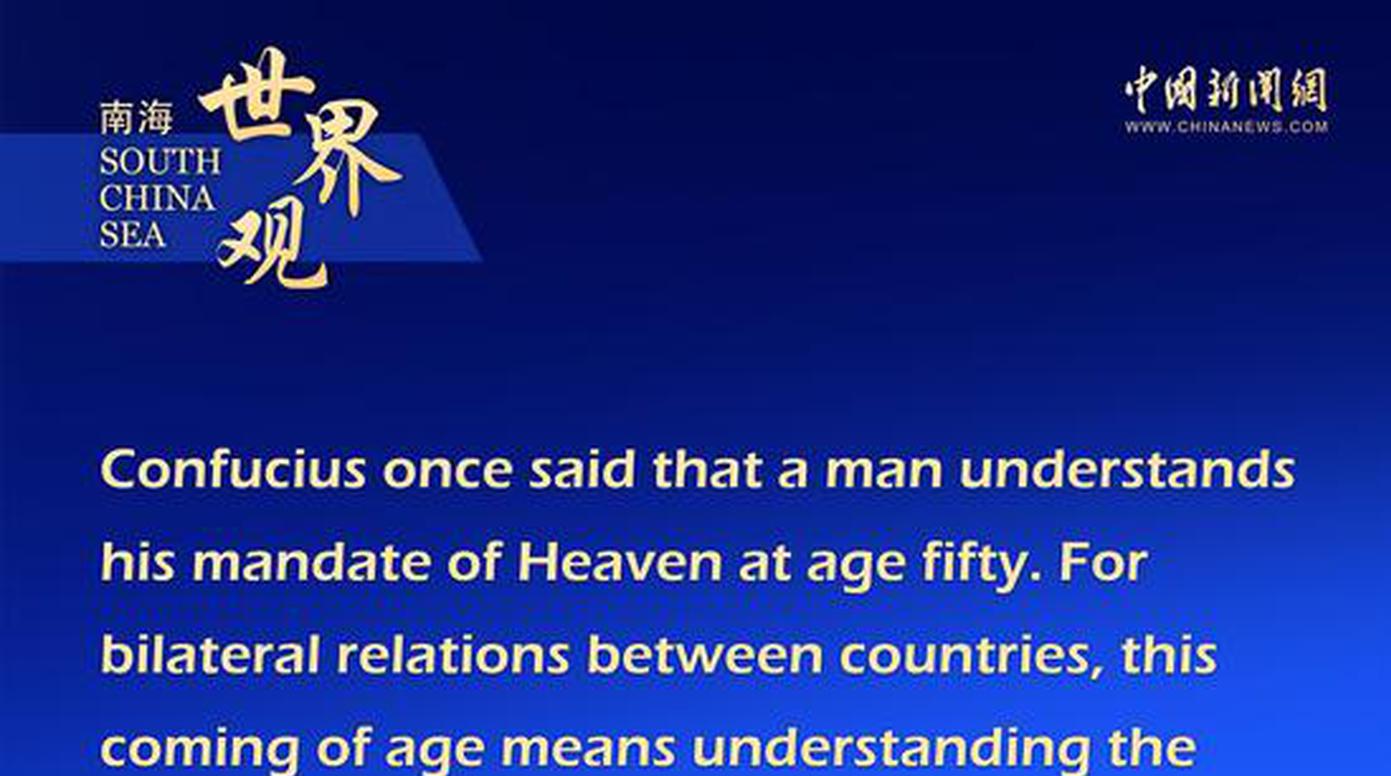



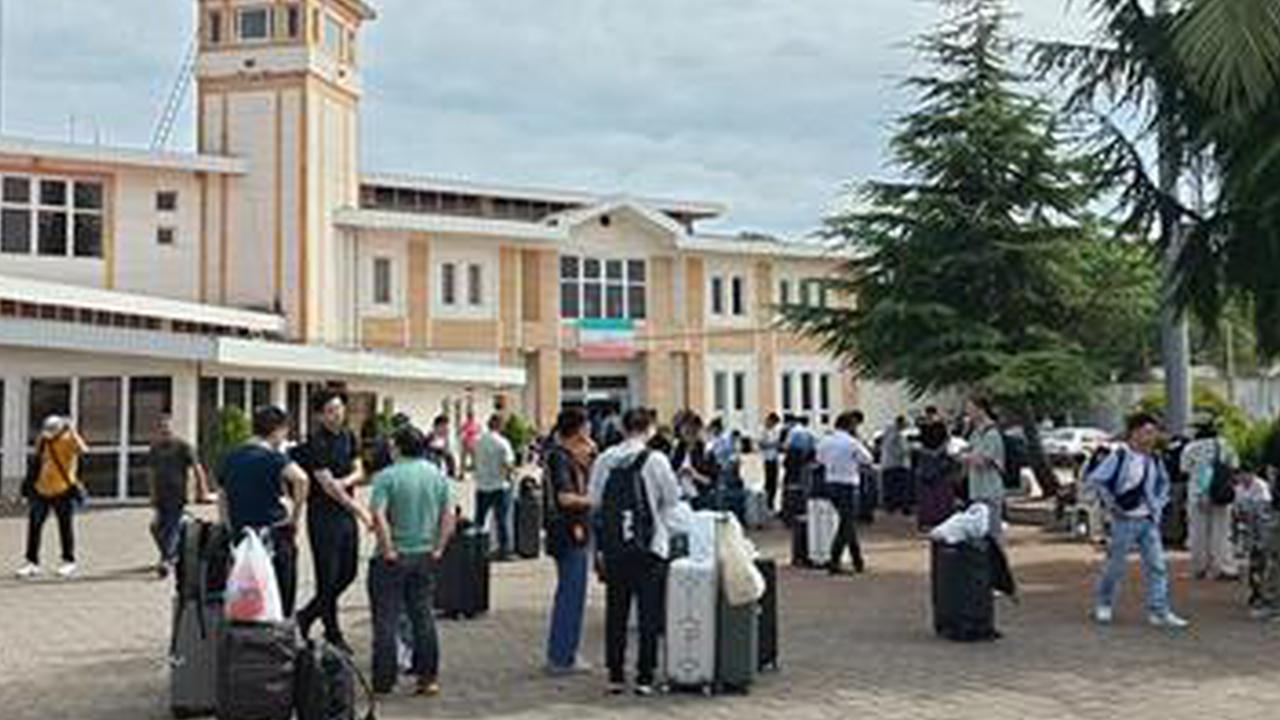

 京公網安備 11010202009201號
京公網安備 11010202009201號